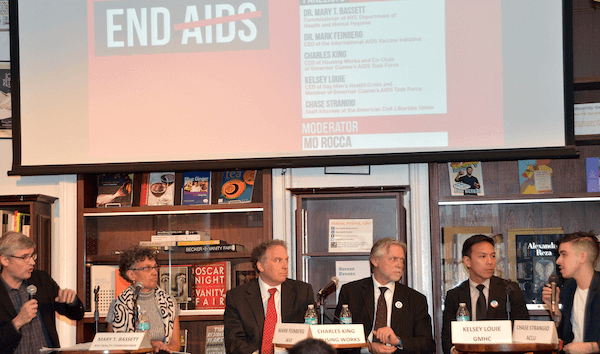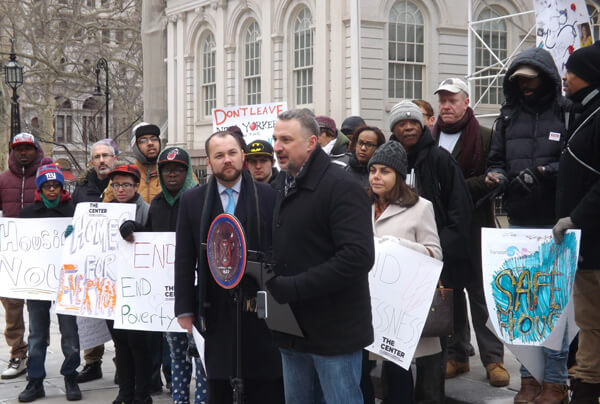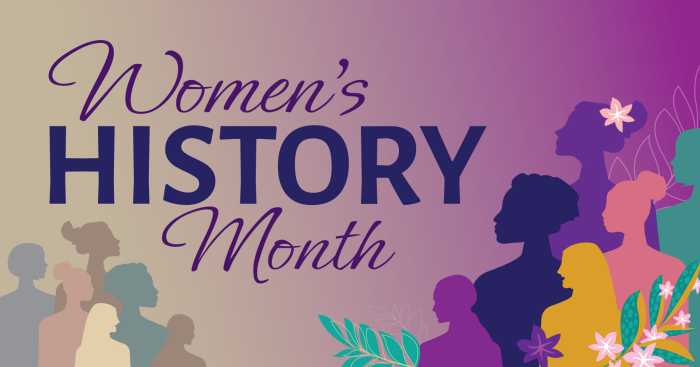BY NATHAN RILEY | Underneath the jubilant mood that swept through last week’s Drug Policy Alliance international conference in Washington was a realization that the campaign to respect the human rights of drug users is proceeding slowly, even as marijuana legalization picks up speed.
Canada’s new prime minister, Justin Trudeau, campaigned for marijuana legalization. Colorado’s experience with open sale shows no jump in youthful toking while tax revenues climb. Three other states — Alaska, Washington, and Oregon — also legalized.
Next year, there will be a referendum to enact legalization in California, and Bernie Sander has made legal pot a plank in his campaign for president.
One United States senator sent greetings and two members of Congress spoke to the plenary session of the leading drug reform organization. A working majority exists in Congress to permit states to liberalize marijuana laws. State’s rights is no longer solely a conservative catch phrase, it is a new haven for progressive causes, as well.
Harm reduction measures like needle exchanges now enjoy bipartisan support in the wake of the largest HIV outbreak in Indiana’s history. More than 160 people tested positive in rural Scott County — most of the cases linked to injection drug use. Suddenly, Republicans dropped their opposition to the distribution of sterile needles for injecting users.
Cory Booker, the Democratic senator from New Jersey, sent televised greetings endorsing the philosophy of drug reform. Hakeem Jeffries from Brooklyn enthused over the bipartisan support for drug law sentencing reform. Jeffries did not look like a man who wanted to be mayor, but sounded pleased to be in Congress. Earl Blumenauer, another Democrat, from Portland, Oregon, spoke with pride of his state’s decision to allow marijuana purchases, vindicating a position he endorsed decades ago.
New York City is gathering the courage to combat HIV infections among homeless and destitute drug users. Quietly, preliminary steps are being taken to allow safe injection facilities. Injecting in public parks, underneath bridges, behind garbage cans leads to reuse of needles and facilitates transmission of the viruses causing HIV and Hepatitis C. A study demonstrates the likelihood of both increased arrests and adverse health outcomes when users inject in public places like restaurant bathrooms.
Dan O’Connell, director of the New York State Health Department’s AIDS Institute, and Dr. Mary Bassett, the city health commissioner, both appeared in a documentary that was favorable to the creation of health facilities for injecting users where a nurse is present. In Vancouver, where millions of injections have occurred in such facilities, no overdose has led to a death — even when a batch of overly potent street heroin led to 16 ODs in two days. Zero fatalities in an attractive outcome and particularly compelling to New York officials, who have witnessed an increase in overdose deaths here since 2010.
Unreasoned fear, however, still provokes punitive solutions. While efforts to remove the stigma surrounding drug use build, the rise of a synthetic marijuana that can cause serious side-effects has led to new demands for criminal prosecution and almost no calls for legalizing real weed, which would take the market away from this dangerous product.
In California, the fight for over-the-counter sales of marijuana will be decided by the tenor of the 2016 campaign debate. If the legalization measure becomes identified with “let’s party hearty,” it will fail. About 30 percent of California voters are undecided, so whichever side captures the support of swing voters will win the election. Many Latino and black voters are on the fence. Success will depend on smokers making a sensible case for their habit and a campaign that credibly argues that controlling marijuana will be fairer and more effective with legalization.
The indefatigable Harry Levine, whose research exposed the racial bias in the New York City Police Department’s pot busts, warned that real progress doesn’t come from new laws. In 1977, New York decriminalized pot and even with this liberal law on the books, the city became the marijuana arrest capital of the world due to a “public view” exception. Policing strategies and tactics undermined progressive policies and led to racially biased enforcement.
The Alliance is well aware that even after reforms take effect, the police may shift priorities to crimes like open container laws, riding bicycles on the sidewalk, and others — and continue racially biased enforcement. Ethan Nadelmann, the Alliance’s executive director, is making a determined effort to partner with Black Lives Matter. The group was invited to the confab and time was set aside for socializing. This group, whose stature keeps growing, directly challenges law enforcement’s control over the bodies of people of color. They make a more fundamental challenge to racism than any law making pot legal.
The Drug Policy Alliance’s objective is to make the world understand that drug use is normal and appreciate the humanity of users. This is an international movement. In April, the UN General Assembly will review treaties criminalizing drug use. The referendums legalizing pot in the US have reverberated in Latin America. Uruguay adopted legalization, and the Mexican Supreme Court ruled that prohibiting possession violated the human rights of pot smokers. The underground drug markets in Latin America cause violent crime waves that shake the foundations of society, so the shift in Latin American opinion was a big factor in creating a majority calling for the General Assembly session.
There is a slow realization that governments have exaggerated the dangers of use. The delusion that using drugs necessarily enslaves a person into hopeless addiction feeds a pernicious stigma that causes violations of human rights. Fighting beliefs that dehumanize drug users exposes the deep philosophical ties that unite drug reform with other human rights pushes, including gay rights. For much of the 20th century, homosexuals were assumed to be dangers to the national security and children, by recruiting innocents into a queer life. It was assumed society could and should change “them.”
The stigma and shame moralistic attitudes like that create are today imposing a heavy burden on drug users, one that the anti-drug general public may well be blissfully unaware of. One popular T-shirt at the Washington gathering read simply, “Nice people do drugs.”



































